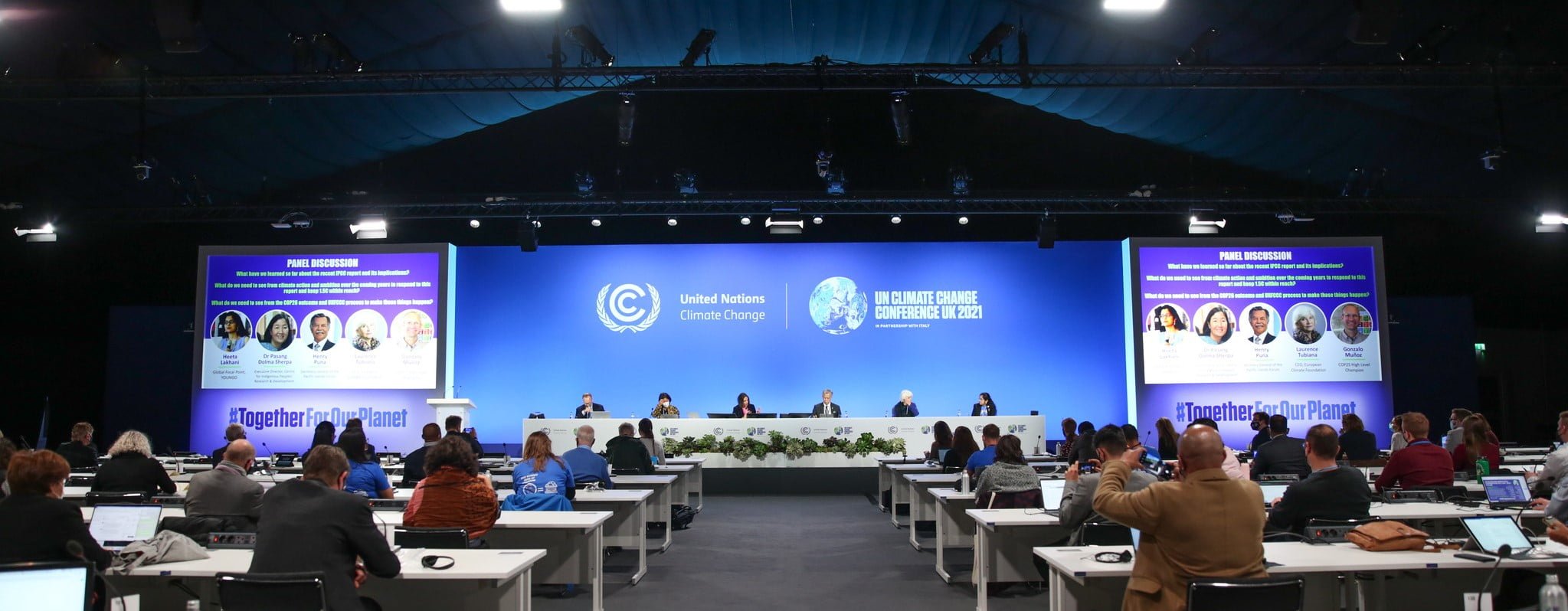
COP26
In 1994 Parties to the United Nations Framework Convention on Climate Change decided to meet annually to discuss matters related to climate change. This annual meeting became known through the Convention as the Conference of the Parties (COP). COP 26, was held in Glasgow, UK, from 31st October to 12th November 2021.
In this section you will find articles related to the history of COP, the development of international treaties, Parties’ ambitious commitments in relation to climate change, and focus pieces on what to expect in the upcoming COP.

See how youth voices are having an impact on policy-making, for example with the G7 summit.
Y7 even had confirmation from the PM that their campaigning resulted in mental health being included on the G7 communique. Read more

Mounting youth participation in policy, in 2009 the UNFCCC recognised young people as an official observer constituency called YOUNGO. YOUNGO has been a fully recognised organisation since COP17. YOUNGO currently counts over 5,500 members and 200 youth-run NGOs from around the world, including Climate Now and All for a Better Climate. Read more

The UN’s REDD+ programme aims to curb carbon emissions by incentivising countries to protect their forestry resources. However, this is a complex task, and REDD+ has been subject to significant criticism. In this article, Vincent explains how the programme works in practice, and discusses some of the challenges it faces.
Read more

The Katowice Package was an outcome of COP24 in Katowice, Poland, and sets out the procedures and mechanisms to implement the Paris Agreement. Read more

Read on to learn about how women impact and are impacted by the climate crisis, and why it is crucial to have female voices at the forefront of decision-making. Read more

The Youth 7 is summit organised for people aged 18 to 30 years old to come together to discuss and negotiate topics on behalf of young people from the respective G7 countries. Read more

This article explains the suggested time frames at COP26 for countries for submitting and enforcing their Nationally Determined Commitments in regards to climate policy. Read more

The CBDR-RC Principle recognises that countries have different duties and abilities to address the negative impacts of climate change, but all countries have an obligation to address climate change. Read more

The UNFCCC aims to mitigate the wide-ranging issues caused by the climate crisis and unite global governments to find workable solutions. Read more

The Warsaw International Mechanism for Loss and Damage associated with Climate Change Impacts (WIM) sets out to address the devastating effects the climate crisis is having on vulnerable developing nations. Read more
Banner photo courtesy of UNFCCC
